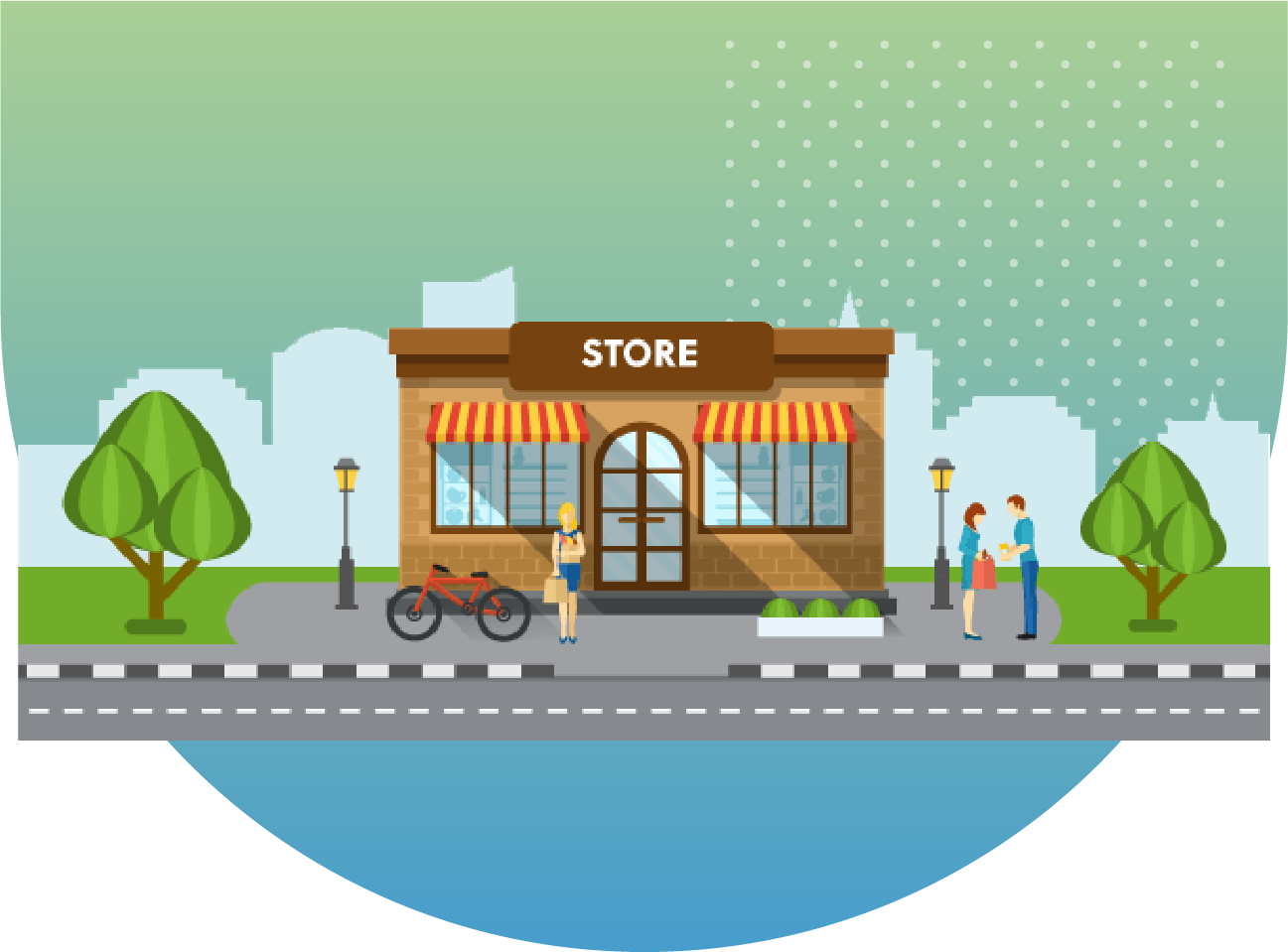


Australia
Python, Pandas, Matplotlib, Scikit Learn, Data Analysis
Retail

They wanted a software solution that could overcome these challenges and implement a clustering analysis solution that could help them with customer segmentation.
There were some key challenges that needed focus
Customer segmentation on huge datasets of information based on Demographics (age, gender) Geography (local, city, state, regional) Behavioristic (customer’s buying habits/behavior/patterns)
Analysis of customer preferences and purchase history
Understanding the challenges of the client, SPEC INDIA facilitated the client by designing and developing a clustering algorithm and K-means algorithm for customer segmentation.
Analysis of data set with an exploratory data analysis approach
Identification of most important features based on statistical tests
Application of machine learning clustering
Evaluation of clustering with different methods like Partitioning, Hierarchical, Fuzzy, Density, and Model-based
Finding the most important customer clusters and making business plan recommendations

Get Critical Data related to age, gender, and preferences of the shoppers and driving decisions and predictions by collating with Business Intelligence & Analytics.



Our detailed and accurate research , analysis, and refinement leads to a comprehensive study that describes the requirements, functions, and roles in a transparent manner.
We have a team of creative design experts who are apt at producing sleek designs of the system components with modernized layouts.
Our programmers are well versed with latest programming languages, tools, and techniques to effectively interpret the analysis and design into code.

Quality is at the helm of our projects. We leave no stone unturned in ensuring superior excellence and assurance in all our solutions and services.
We have a well-defined, robust, and secure launch criteria that offers us a successful implementation clubbed with detailed testing, customer acceptance and satisfaction.
Enhances customer base and work on target areas
Avails customer segmentation based on purchase history, interests, or activity monitoring
Targets specific clusters of customers for specific campaigns
Targets a specific customer segment for promoting their brands and products
Since algorithms are applicable for web, mobile and stores (kiosks), the solution can be extensively leveraged
SPEC House, Parth Complex, Near Swastik Cross Roads, Navarangpura, Ahmedabad 380009, INDIA.

This website uses cookies to ensure you get the best experience on our website. Read Spec India’s Privacy Policy